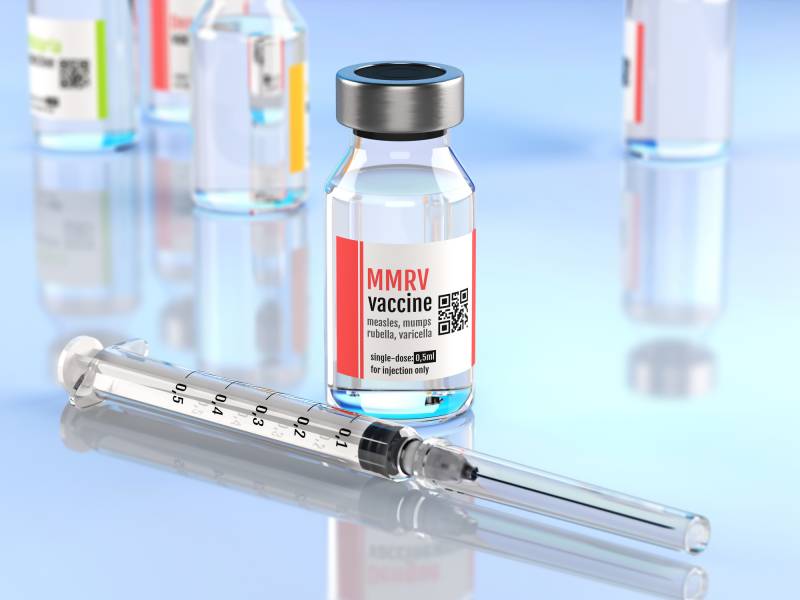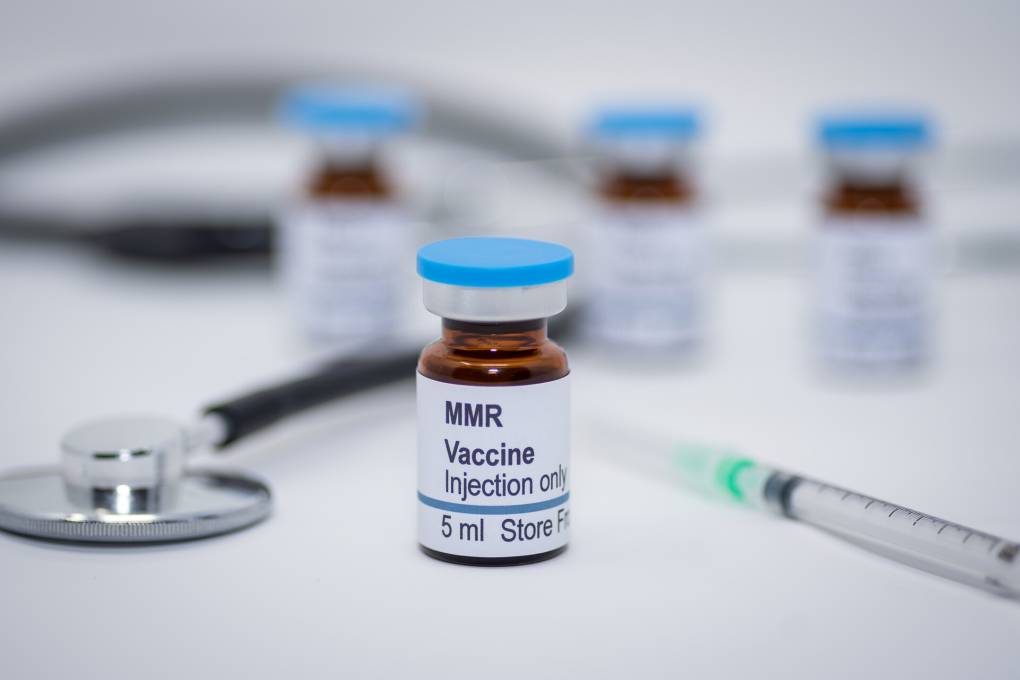Parents, they said, should reach out to their child’s health care provider before any international travel. Babies and young children are especially at risk from measles, but the measles vaccine is routinely recommended only for children 12 months and older — so if you intend to travel internationally with a child aged between 6 and 12 months, you may be able to secure them an early MMR vaccination due to the measles risk they may face abroad being unvaccinated.
Returning travelers should watch for any symptoms of measles for a total of three weeks after arriving back home, the Bay Area health officials said.
Trivedi from Alameda County’s public health department said that the infectious person who was at Sons of Liberty Alehouse on March 9 was unaware they had measles at the time of their visit, and that “we believe the person contracted measles while traveling internationally a few weeks prior to illness.”
The county would not disclose the exact location of this person’s travel for confidentiality reasons, said Trivedi, who instead pointed people to the CDC’s list of international countries with current measles outbreaks.
I’m vaccinated against measles. Could I still get infected with measles from an exposure like this?
Four years of the COVID-19 pandemic have taught us that being vaccinated against a virus doesn’t necessarily mean you won’t get infected with that virus. The COVID-19 vaccine, for example, does somewhat reduce your chances of being infected — although the CDC said that “protection against infection tends to be modest and sometimes short-lived” — but it also means you’re much less likely to get severely ill if you do get infected.
However, the measles vaccine is incredibly effective at protecting against infections, the CDC said, and two doses of measles vaccine are “about 97% effective” at preventing measles if you’re exposed. (One dose, the CDC said, is “about 93% effective.”)
As for why “about three out of 100” people vaccinated against measles will still get measles after exposure, the CDC said that experts “aren’t sure why” and that this could be due to the responsiveness of an individual’s immune system to the vaccine. “But the good news is, fully vaccinated people who get measles seem more likely to have a milder illness,” the CDC said — and fully vaccinated people “seem also less likely to spread the disease to other people.”
I don’t know if I’m vaccinated against measles. How can I check?
Measles is preventable with the combined Measles, Mumps, and Rubella (MMR) vaccine, and vaccination against measles has been part of routine childhood immunization for decades. The CDC recommends that children get two doses of the MMR vaccine, starting with the first dose at 12–15 months old with the second dose at 4–6 years of age. This vaccine provides lifetime protection against measles.
Everyone over 12 months of age is recommended to get vaccinated against measles, although the combined Measles, Mumps, Rubella and Varicella (MMRV) vaccine is only licensed for use in children under 12 years of age.
If you’re uncertain whether you’re vaccinated against measles, you can check your immunization records by using the California Department of Public Health’s Digital Vaccine Record portal, or contact your provider (or your child’s pediatrician) for further information about your current levels of protection against measles.
Another reason to check your vaccination status if you’re unsure: According to Bay Area health officials, possessing documentation of your vaccination status “can help you avoid being quarantined if you are exposed.”
And if you can’t find any sign you or your family have received a measles vaccine? “Teenagers and adults with no evidence of immunity should be vaccinated right away,” said the local health officials.
This story contains reporting from KQED’s Samantha Lim.

